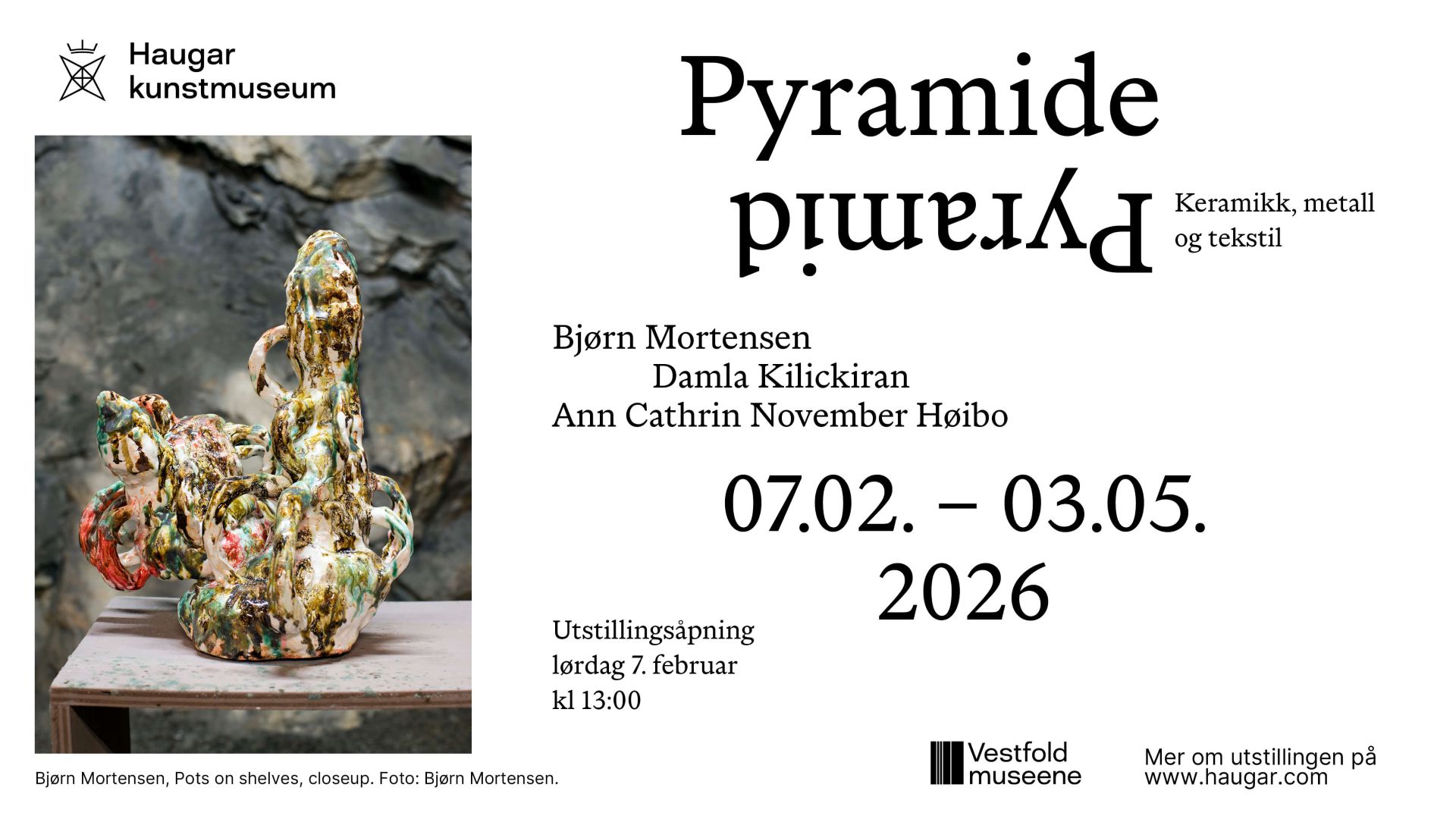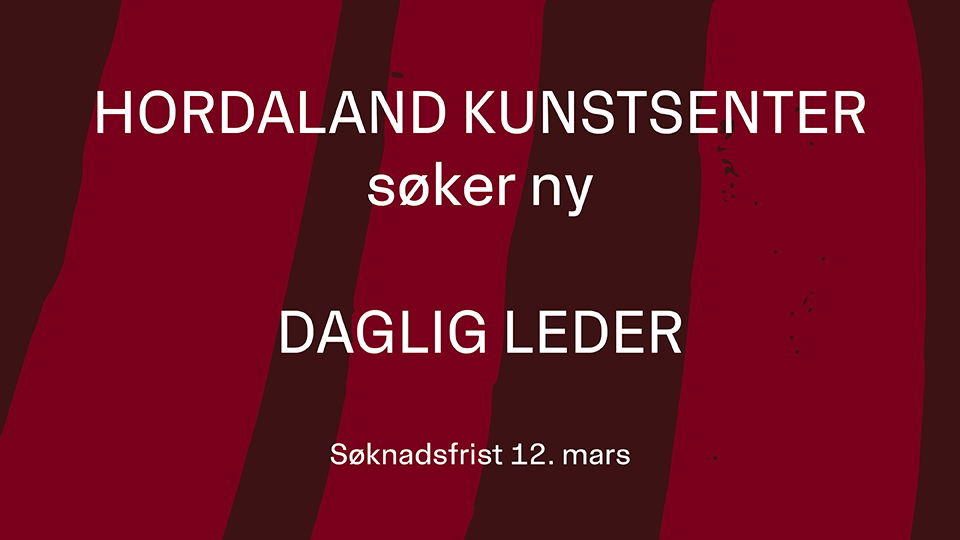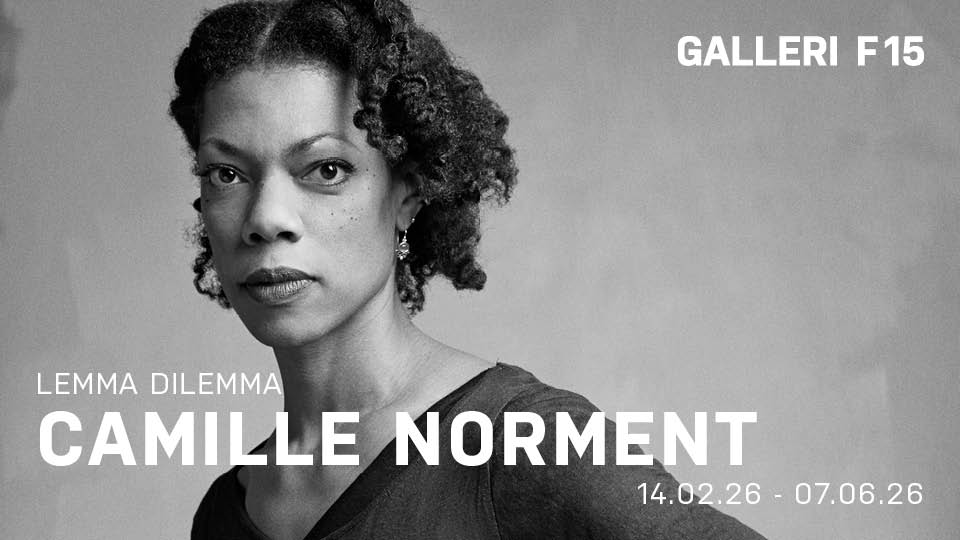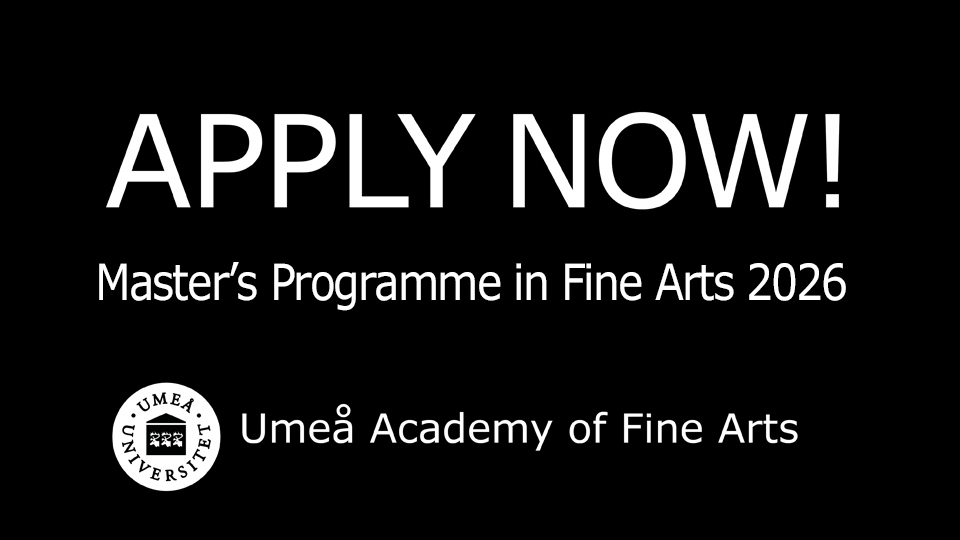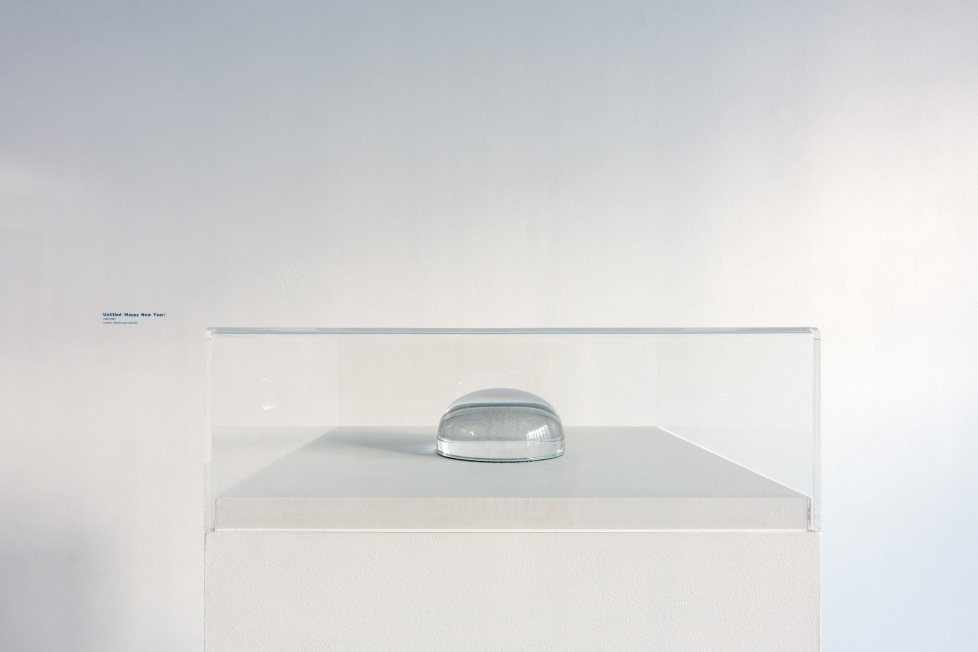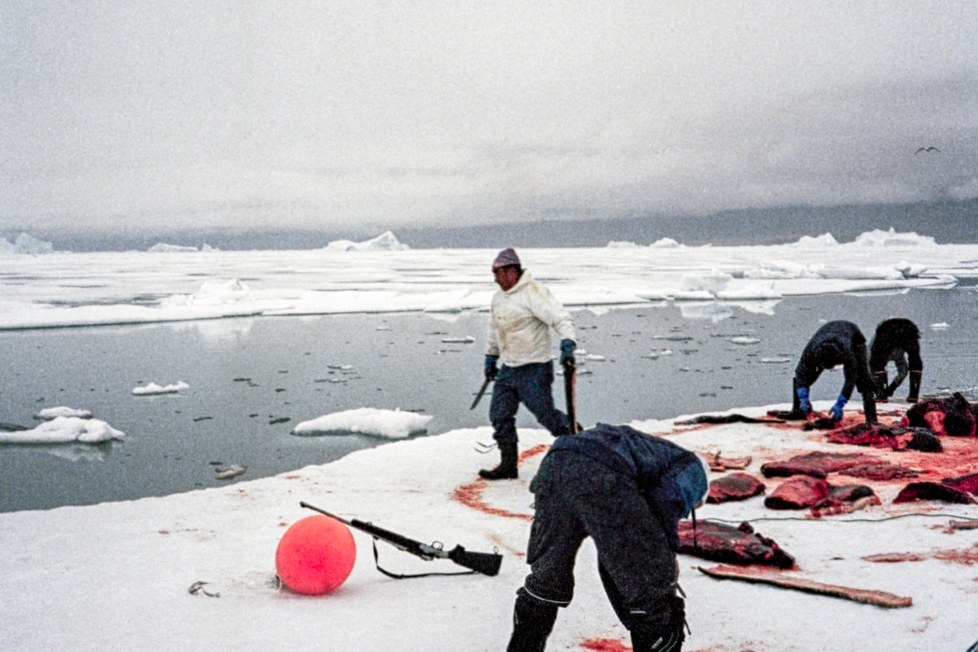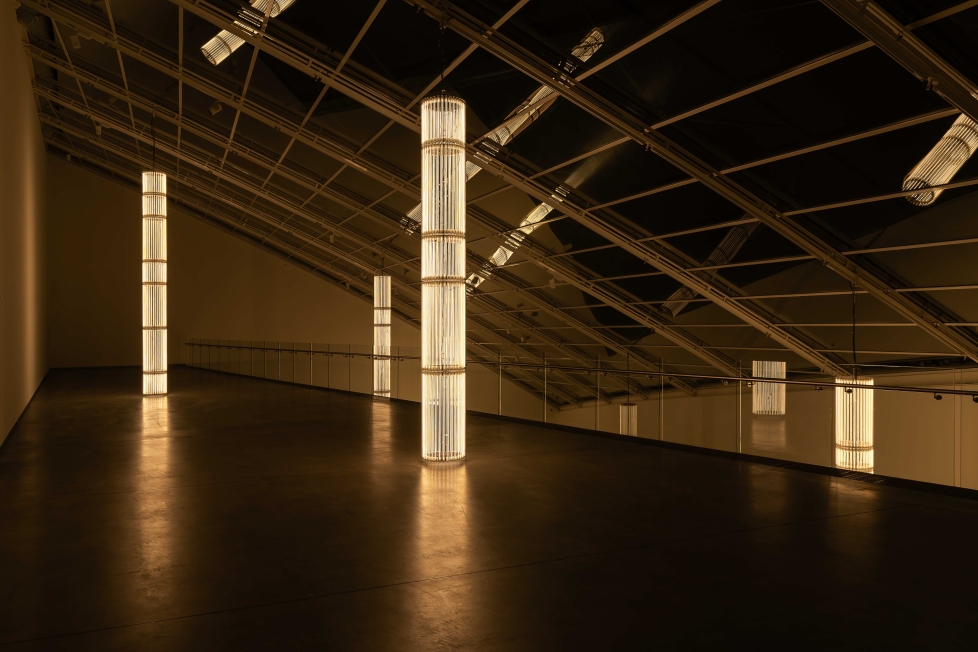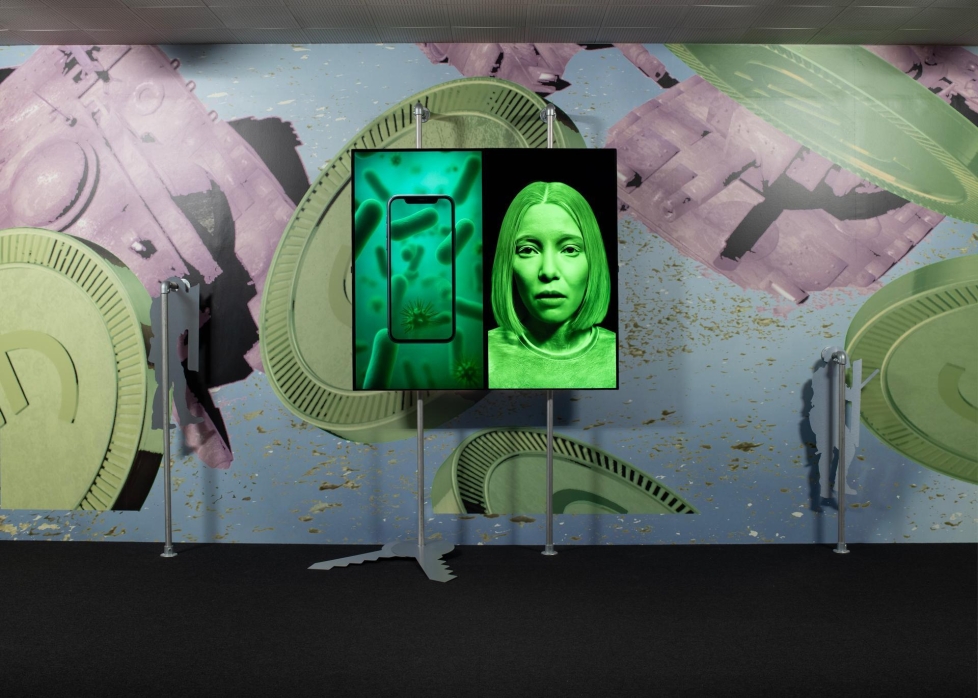Jumana Manna, som er en av kunstnerne som er representert i utstillingen Stop Making Sense på Oslo Kunstforening, kommenterer her debatten rundt utstillingen. – Utfra logikken i boikottkampanjen burde ikke denne utstillingen boikottes, skriver hun.
Jumana Mannas kommentar er her gjengitt i engelsk original.

«This exchange in and of itself attests to the fact that the boycott is a viable and an important invitation to think and discuss, and not something to be brushed aside. The academic and cultural boycott is a complex matter, and should be treated as such. It calls for boycotting Israeli institutions and individuals loyal to the Israeli foreign policy. Individuals who are actively speaking and working against the Israeli Occupation, and discrimination of the Palestinians are to be supported. This is the case of the artists in the show, and especially of the participants in the seminar and reader/catalogue. What I’m saying is, according to the logic of the boycott campaign, this show should not be boycotted.
Nevertheless, that the show was sponsored by Stiftelsen Morgenstjernen raises ambivalence towards the motivations, and hence doubt if to boycott or not. Although Marianne responded that the quote from their website was misused … Promoting Israel’s image as a vibrant, pluralistic and democratic society, striving for peace with its neighbors while defending itself against them … and that the organizations aim is simply promote Israeli culture in Norway. Either way, this is obviously a pro Israel organization, it has a political agenda in its essence.
What does such an organization gain by supporting a show like Stop Making Sense? Does one represent the agenda of the sponsor one receives money from?
– In my opinion, no. Do Norwegian artists represent Statoil or Norwegian Foreign Ministry when being funded by them? Is it wrong to take money from an organization that you do not politically agree with, and use that money to oppose their agenda?
– Only in a privileged position could one be so overcritical.
When organizing a show like this, there must be a political motivation behind the curator. No work done on national basis can claim an a-political position. It is important to state where one stands in regard to the Israeli state and it’s policy; this is done in the catalogue, but was never clearly stated in the press release, or media since the questions of political standpoint were not posed, only assumed. Personally, I agreed to participate since I understood the motivation was to show a balanced cultural view upon what is happening in Israel. If we begin claiming that culture from a specific country represents state policy, that would be a description of a dictatorship regime, where culture can only be presented in service of the state. This is not the case in Israel.
As a Palestinian Israeli artist I have no problem taking money from any Israeli organization, if in fact they should offer more money and funding. The Palestinians in Israel, who culminate 18 percent of the Israeli society, are citizens of the state, who’s taxes are paying for settlement projects as well as the military. Generally, their goal is to fight against the injustice being done, to claim equal rights as citizens, and defy the inherent problem with the state of Israel being defined solely as a Jewish State, by such excluding the 1.3 million Palestinians within. As citizens, it is our imperative to speak up, even in platforms which are associated to Israel. But not representing it. This is a major difference, and one that Naomi Klein speaks about in relation to the boycott question.
Four of the nine participants are Palestinian with Israeli citizenship. The first sentence in the press release, defining us as artists with background from Palestine (Israel before 1948) is incorrect; that is suggesting it to be something of the past, or just a cultural thing, this is not the case.
We chose to participate in this show, because of the individuals involved, whom are all from the radical left, amongst them dissidents of the state, actively criticizing Israel from within and abroad.
The fact that all the political questions surrounding the show, if it should or should not have come to be, does effect the critique of the artistic value of the works; but this is only expected of a national show, especially when speaking of Israel and Palestine, and the curse which comes with being invited to shows of this sort.
I understand where the stand of Goksøyr and Martens is coming from and respect their forthright attitude for its political value. However, as a Palestinian who is an Israeli citizen, a second class citizen at that, I feel the imperative to participate in such things, as opposed to leaving only the Israeli voice. We are living in Israel, we do not have the privilege of asking for cultural and academic boycott in such sweeping statements. We ask for being equal, and if to ask to be equal, we cannot boycott ourselves; Excluding ourselves from the picture would be precisely the goal of the Zionist project, as the Israeli Prime Minister Golda Meir’s famously said; They do not exist, referring to the Palestinians.
I share what Sverre Gullesen wrote as the UKS policy regarding boycott; each project, cooperation and individual should be assessed critically, showing ethical responsibility. The boycott is a means of dialogue, and not the opposite.
Marianne Hultman has done a great job of gathering strong critical voices from Israel; especially the speakers at the seminar. Tal Ben Zvi being the first curator within Israel fully dedicated to show Palestinian artists in Israeli galleries and museums, something that was nearly unheard of prior. In the seminar and catalogue: Irit Rogoff from Goldsmiths, who left Israel over 30 years ago, also a very interesting theoretician in herself. Ella Shohat, an author and activist who also chose to leave Israel years ago, and even move her old parents with her.
Roee Rosen is an example of an Israeli artist, whose work deserves attention, something which fell between the seats as a result of the politics around the show. (Although he did receive a positive critic from Arve Røed in DN, 20.03.2010.) A brilliant artist, who has created a polemic discussion within Israel with his transgressive pieces daring to question the representation of the memory of the holocaust in the Israeli and European consciousness. His work Justine Frank is the story and paintings of a Jewish-Belgian surrealist pornographer, a fictional character of Rosens creation. At the time of its exhibition in Israel, created upheaval in the Israeli parliament and art scene.
I find the critique by Gerd Elise Mørland slightly redundant towards the discussed works; Pereg herself claimed that these works of hers are the least political of her body of work (going back to Arve Røeds comment, of the exhibition being strangely a-political, an obvious decision of the curator not to present overtly political works). Calling the show a-political is overlooking the political nature of the works. They all have socio-political references; but I would agree that few of them are necessarily critical or made with a hope for social change, as with most works done in Israel.
Go see the show. Read the catalogue. Check out the published translation in Morgenbladet this week of church leaders’ in Jerusalem call for economic boycott. That’s some serious national solidarity from Norway.»
Jumana Manna
